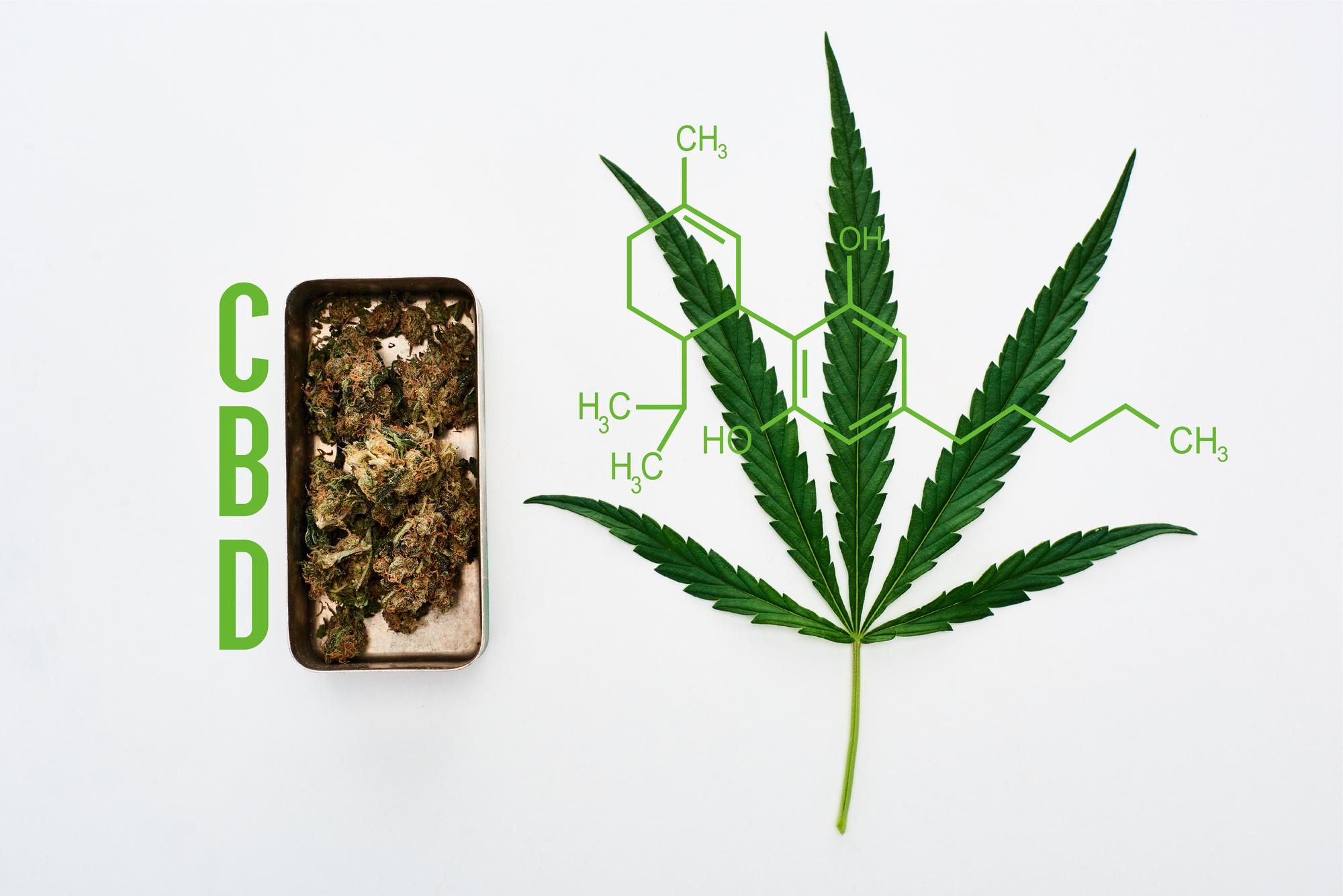Though hemp seed oil and CBD both come from the Cannabis sativa plant, they serve entirely different purposes in wellness and skincare. Hemp seed oil is derived from the plant’s seeds, while CBD (cannabidiol) is extracted from its flowers, leaves, and stalks. This distinction determines not only their chemical makeup but also how they work within the body and what benefits they deliver.
The Composition of Hemp Seed Oil
Hemp seed oil is pressed from the seeds of the hemp plant and contains almost no cannabinoids, including CBD or THC. Instead, it’s celebrated for its nutritional value and skincare benefits. The oil is rich in essential fatty acids—particularly omega-3 and omega-6—along with gamma-linolenic acid (GLA) and antioxidants such as vitamin E. These nutrients help support skin barrier function, promote hydration, and may assist in maintaining healthy cholesterol levels when consumed as part of a balanced diet.
Because it’s nutrient-dense and non-psychoactive, hemp seed oil is often used in cooking, cosmetics, and wellness formulations. Its light, nutty flavor makes it suitable for cold dishes, while its high polyunsaturated fat content means it should not be used for high-heat cooking. On product ingredient lists, it typically appears as Cannabis sativa seed oil.
The Science Behind CBD
CBD, on the other hand, is a phytocannabinoid—a naturally occurring compound that interacts with the body’s endocannabinoid system. Unlike THC, CBD does not cause intoxication. Researchers have explored CBD’s potential for calming anxiety, reducing inflammation, relieving pain, and supporting overall mood balance. Although scientific findings continue to evolve, studies suggest CBD’s interaction with CB1 and CB2 receptors may help regulate stress response and inflammation pathways.
CBD is usually blended with carrier oils such as MCT or hemp seed oil for better absorption. Labels on CBD products should clearly indicate the amount of cannabidiol per serving, ensuring transparency and accurate dosing.
Regulation and Safety
Regulatory agencies differentiate between hemp seed oil and CBD. Hemp seed-derived ingredients are generally recognized as safe for food and cosmetic use, since they contain negligible cannabinoid levels. CBD, however, occupies a more complex legal and regulatory space. Authorities continue to evaluate its safety in dietary supplements and foods, with ongoing studies examining dosage, purity, and potential interactions with medications.
Consumers should choose CBD products from companies that provide third-party lab testing and certificates of analysis to verify cannabinoid content and screen for contaminants such as heavy metals or pesticides.
Choosing What’s Right
Selecting between hemp seed oil and CBD depends on personal wellness goals. Those seeking nutritional support or skin nourishment may find hemp seed oil sufficient. Individuals exploring therapeutic or calming effects linked to cannabinoids may prefer CBD products that are properly tested and labeled. Both can complement one another—hemp seed oil offers nourishment, while CBD supports balance and recovery.

